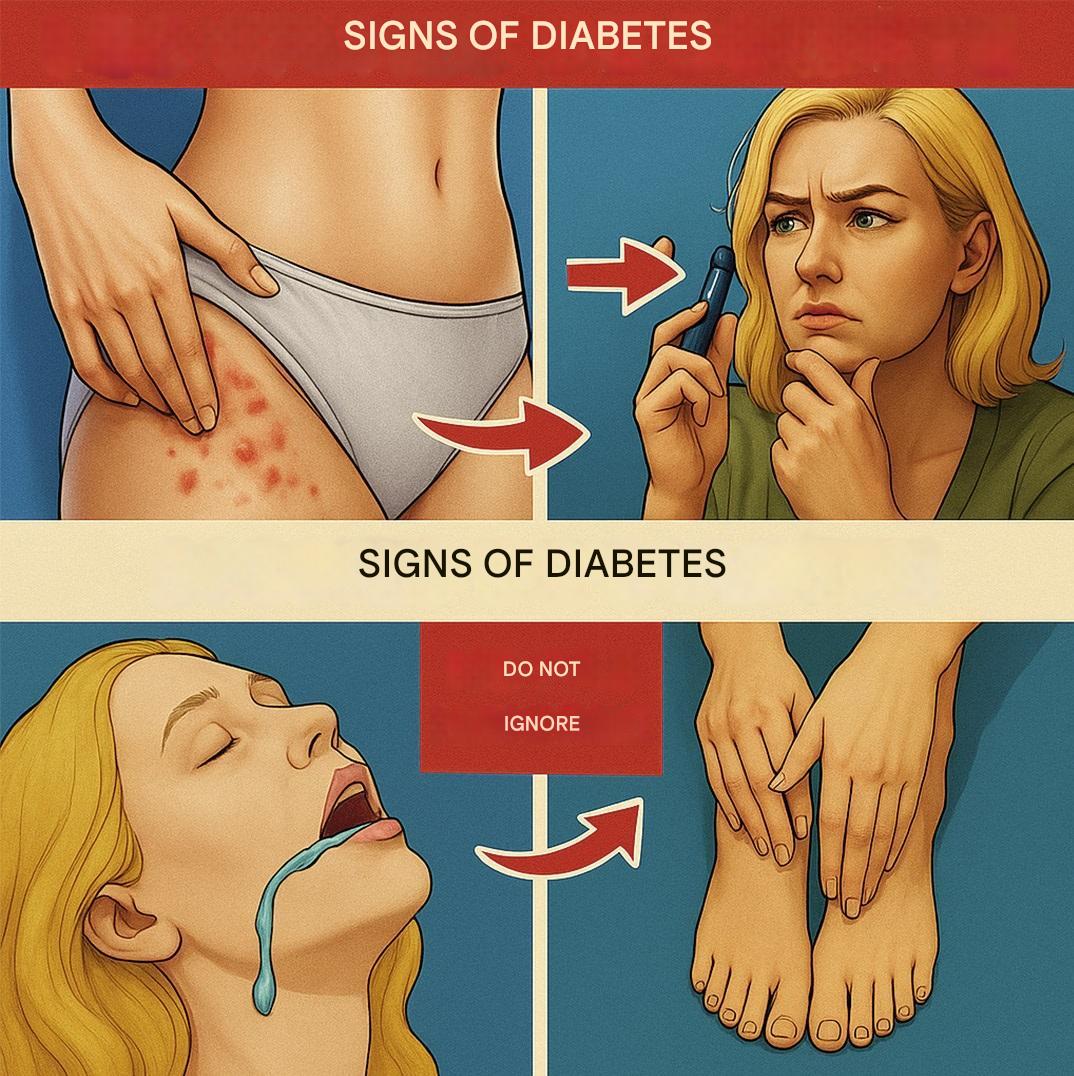2. Excessive thirst (polydipsia)
Along with polyuria, excessive thirst, or polydipsia, is another common sign of latent diabetes. When the body loses fluid through increased urination, it naturally needs more water to compensate for this dehydration.
Physiological Mechanism of Intense Thirst
The body’s water regulation mechanism is triggered when you lose a significant amount of fluid. If you are constantly thirsty and cannot quench this thirst, it is best to consult a doctor who specializes in internal medicine.
3. Extreme Fatigue
: Feeling unusually tired or experiencing fatigue that doesn’t seem to improve with rest can be a subtle but significant sign of diabetes. When the body can’t effectively use glucose for energy due to insulin resistance or a lack of insulin, it turns to alternative energy sources, which can leave you feeling exhausted.
Link between chronic fatigue and glycemic imbalance:
Persistently high blood sugar levels force the body to work harder to extract energy from the food consumed. This metabolic inefficiency can cause you to feel constantly exhausted, even without prior intense physical activity.
